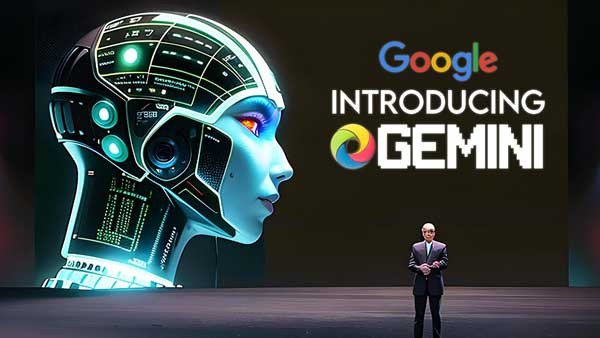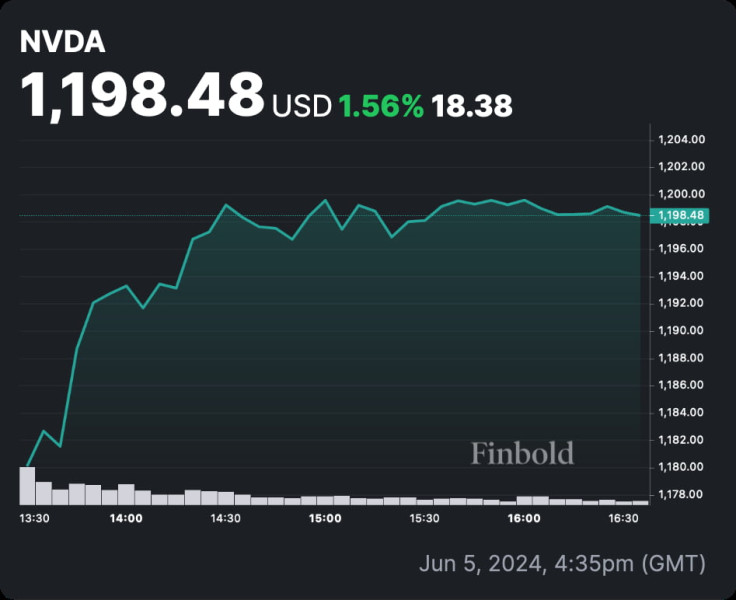Google has once again pushed the boundaries of technology with the launch of Google Antigravity, an innovative agent-first coding tool designed to revolutionize the way developers work. Announced on November 18, 2025, Antigravity is built to support the advanced capabilities of Gemini 3.0, Google's latest AI model, and aims to redefine the integrated development environment (IDE) landscape.
At its core, Antigravity is an agentic coding platform that supports multiple agents, providing them with direct access to the editor, terminal, and browser. This agent-first approach is designed to evolve the traditional IDE into a more dynamic and autonomous development environment. The platform leverages asynchronous interaction patterns, allowing agents to operate more autonomously than ever before.
One of the standout features of Antigravity is its support for third-party models, including Claude Sonnet 4.5 and OpenAI's GPT-OSS. This flexibility allows developers to choose the best tools for their specific needs, enhancing the platform's versatility and appeal. The tool is currently available in a free public preview for Windows, macOS, and Linux, making it accessible to a wide range of developers.
Google's Antigravity is not just about supporting multiple agents; it also introduces advanced reasoning capabilities through Deep Think, which reportedly outperforms GPT-5.1 benchmarks. This new reasoning feature is part of Gemini 3.0, which sets a new high-water mark for vibe coding and multimodal reasoning.
For enterprises, Google Cloud has cited a wide range of Gemini 3.0 customers, including Box, Cursor, Figma, Shopify, and Thomson Reuters. This indicates that Antigravity is not just a tool for individual developers but also a powerful solution for large-scale enterprise applications.
Despite its innovative features, some users have noted UI glitches and usability issues, comparing it to a VS Code fork. However, the platform's potential to handle testing, planning, and writing entire software features autonomously makes it a game-changer in the coding landscape.
In conclusion, Google Antigravity represents a significant leap forward in the world of coding. With its agent-first architecture, support for multiple models, and advanced reasoning capabilities, it is poised to challenge traditional IDEs and autonomous AI coding platforms like Copilot. As developers continue to explore its potential, Antigravity could very well spell the end of manual coding as we know it.



